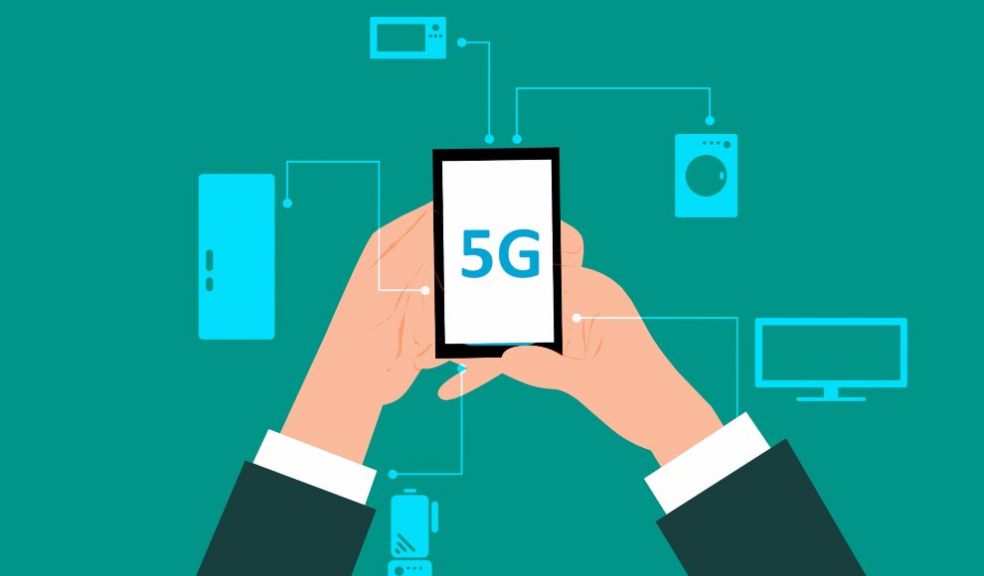
How Could 5G Benefit Exeter?
The news that Exeter will be one of the cities to benefit from 5G in 2020 is promising for the communication and business links of the Devonshire city. While many telecoms customers will be reticent or even apathetic to this news, especially those whose main mode of communication is still a landline, the benefits for Exeter extend far beyond the house for its 5G implications. But what is 5G, and how could Exeter benefit from it?
What is 5G?
5G is essentially an improvement of the speed and bandwidth of the internet conditions. This means feature films can be downloaded in seconds, and the internet space, as such, can be then taken up with other things.
The addition of greater speeds and larger bandwidth mean that there is even more scope for all sorts of content to reach more people, alongside the implementation of tech that can be considered nothing short of futuristic.
The Internet of Things (IoT) application – which allows data to be shared across smart products to create a house of the future – means that household appliances will become more intuitive and can be further controlled by our smartphones. There is some ability to change heating and lighting settings in the home from our phones already, but this could be the norm under what 5G allows.
Where accessing content online is concerned, faster internet speeds can make activities that used to anchor users to a Wi-Fi connection completely mobile and unrestricted. For example, in iGaming, where sites such as Sky City offer casino games that allow players to interact with real live dealers, users no longer need to stay at home to access a fast and reliable connection. For streaming through sites such as Netflix and Amazon Prime, content can be reliably streamed on the go without the need to download episodes or films in advance of travelling.
How Will 5G Benefit Exeter?
Firstly, public internet connections will be a lot faster. Internet at The Chevalier Inn or The Imperial will now no longer stall during busy times, while more public locations will be connected. This will allow more flexibility for those who work outside of an office.
Exeter could also become what is known as a smart city. For instance, smart traffic controls could allow cars to communicate with traffic lights to ease congestion and provide a smoother way of travel for everyone. The low latency of 5G could even be used in factories to control heavy-duty machinery, which needs instant feedback should something go awry. This should free up time and labour to increase workload by not having to manually complete tasks that could be further automated.
Drones are another improvement we could see under 5G. Not the kind that irritates airport staff, but the ones that can be used to water crops and help with agricultural tasks further out of cities. We all rely on these crops but don’t always appreciate that the farmers themselves might not be as connected as we are in the city.
5G may not make a huge impact on your life, but its ramifications for life in general are greater. Some are reluctant to embrace the change, especially those whose poor connections have paved the way to a greater distrust of the entire communications industry. These people may need convincing, and if greater access to public Wi-Fi is the first step, then they should be won over in no time.


















